جلد سخت سیاه و سفید
Product details
- Publisher : Oxford University Press (February 24, 2022)
- Language : English
- Hardcover : 320 pages
- ISBN-10 : 0197579191
- ISBN-13 : 978-0197579190
کتاب All Is Well: Catastrophe and the Making of the Normal State
Disasters are all around us. In everyday parlance, disasters are understood as exceptional occurrences that destroy human life, property, and resources. For centuries, people have looked to political authorities for protection from disasters and for relief in the aftermath. Yet, the COVID-19 pandemic and an endless torrent of storms, floods, and forest fires have shown that modern states and intergovernmental institutions frequently fail this burden. Worse, world leaders routinely ignore evidence that accelerated climate change is an already-rolling planetary catastrophe. So, what is a "disaster"? Who determines when and why a disaster has occurred or ceased? And what is the relationship between such occurrences and modern states who promise to "manage" them?
In All Is Well, Saptarishi Bandopadhyay argues that there is no such thing as a "disaster" outside of rituals of legal, administrative, and scientific contestation through which such occurrences are morally distinguished from the rhythms of everyday life. Disasters, Bandopadhyay asserts, are artifacts of "normal" rule. They result from the same, mundane strategies of knowledge-making and violence by which authorities, experts, and lay people struggle to develop state-like power, to define and defend the social order.
Challenging traditional narratives, All Is Well looks at "disaster management" as a historical process that produces both catastrophes and political authorities. To do so, Bandopadhyay draws on three case studies: the Marseille plague of 1720, the Lisbon earthquake of 1755, and the Bengal famine of 1770. As far back as the eighteenth century, aspiring rulers understood disasters to be occasions for testing their state-like ambitions as they swapped divine authority for the supremacy of natural rights, Enlightenment ideals, and colonial rule. Bandopadhyay examines these exercises in catastrophe conservation and state formation and shows how the underlying beliefs and resulting insights underwrite sophisticated but deeply inequitable present-day norms and practices of global governance. He concludes that climate change, and the national and international authorities designed to fight it, are products of three centuries of disaster management, and civilizational survival depends on
reckoning with this past.
منابع کتاب کتاب All Is Well: Catastrophe and the Making of the Normal State
بلاها در اطراف ما هستند. در اصطلاح روزمره، بلایا به عنوان رویدادهای استثنایی در نظر گرفته می شود که جان، اموال و منابع انسانی را از بین می برد. برای قرن ها، مردم برای محافظت در برابر بلایا و امدادرسانی پس از آن به مقامات سیاسی چشم دوخته اند. با این حال، همهگیری کووید-19 و سیل بیپایان طوفانها، سیلها و آتشسوزیهای جنگلی نشان دادهاند که دولتهای مدرن و نهادهای بیندولتی اغلب این بار را نادیده میگیرند. بدتر از آن، رهبران جهان به طور معمول شواهدی را نادیده میگیرند که تغییرات آب و هوایی شتابزده یک فاجعه سیارهای است که از قبل در حال چرخش است. بنابراین، "فاجعه" چیست؟ چه کسی تعیین می کند که چه زمانی و چرا یک فاجعه رخ داده یا متوقف شده است؟ و چه رابطه ای بین چنین رخدادهایی با دولت های مدرنی که قول «مدیریت» آن ها را می دهند چیست؟
در همه چیز خوب استساپتریشی باندوپادیای استدلال می کند که چیزی به نام «فاجعه» خارج از تشریفات مجادله قانونی، اداری و علمی وجود ندارد که از طریق آن چنین رخدادهایی از نظر اخلاقی از ریتم های زندگی روزمره متمایز شوند. باندوپادهای معتقد است که بلایا مصنوعات حکومت «عادی» هستند. آنها ناشی از همان استراتژیهای پیش پا افتاده دانشسازی و خشونت هستند که توسط مقامات، کارشناسان و مردم عادی برای توسعه قدرت دولتی، تعریف و دفاع از نظم اجتماعی مبارزه میکنند.
روایات سنتی چالش برانگیز، همه چیز خوب استبه "مدیریت بلایا" به عنوان یک فرآیند تاریخی نگاه می کند که هم فجایع و هم مقامات سیاسی را ایجاد می کند. برای انجام این کار، باندوپادیای از سه مطالعه موردی استفاده می کند: طاعون مارسی در سال 1720، زلزله لیسبون در سال 1755، و قحطی بنگال در سال 1770. در قرن هجدهم، حاکمان مشتاق فجایع را فرصتی برای آزمایش دولت خود می دانستند. مانند جاه طلبی ها که اقتدار الهی را با برتری حقوق طبیعی، آرمان های روشنگری و حکومت استعماری عوض کردند. Bandopadhyay این تمرینها را در حفاظت از فاجعه و تشکیل دولت بررسی میکند و نشان میدهد که چگونه باورهای اساسی و بینشهای حاصل، هنجارها و شیوههای پیچیده اما عمیقاً ناعادلانه امروزی حاکمیت جهانی را تضمین میکنند. او نتیجه می گیرد که تغییرات آب و هوایی،
حساب کردن با این گذشته

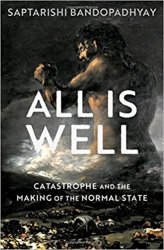
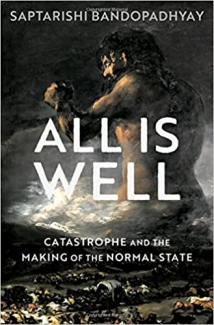
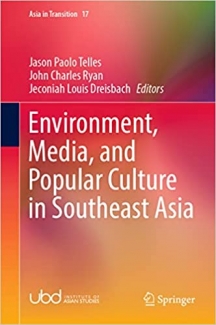
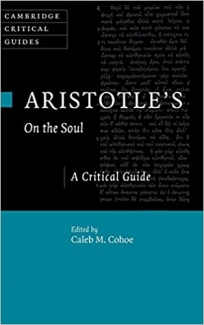

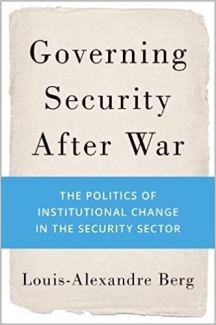
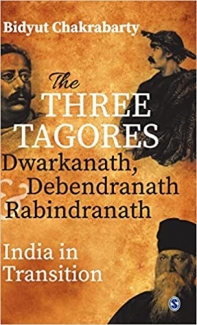
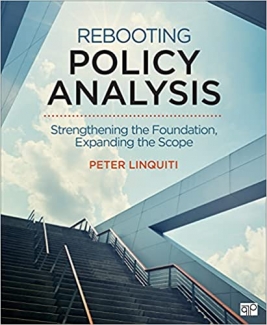

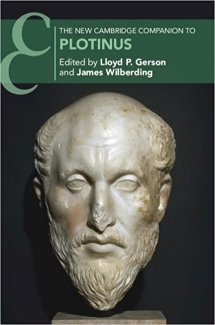
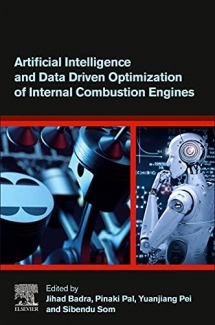
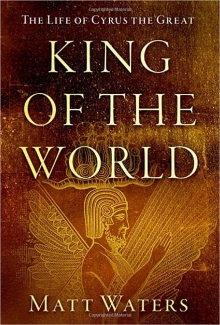
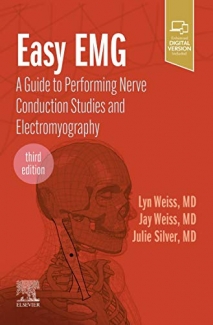



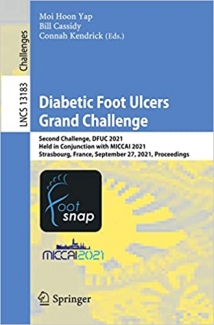


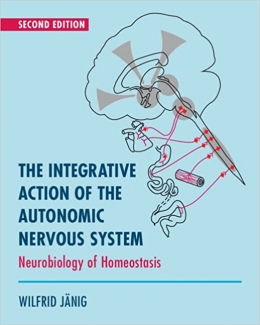











ارسال نظر درباره کتاب All Is Well: Catastrophe and the Making of the Normal State